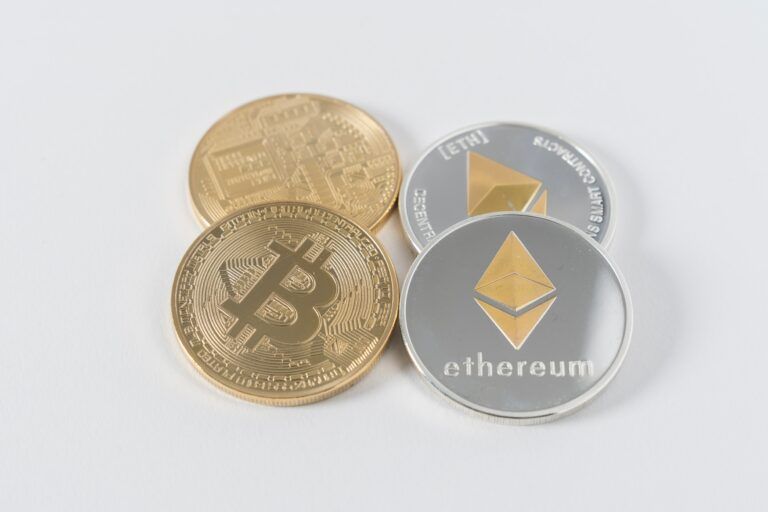Facebook’s Libra cryptocurrency, to be launched next year, aims to put into the hands of billions of global customers a stablecoin and wallet payments system that incorporates the tech giant’s vast native expertise while building on the best features of existing blockchain protocols.
While many in the crypto sphere have not held back with their criticisms of the new project, Facebook has high hopes for broader appeal. Aiming for a powerhouse application that will revolutionize the consumer experience and payments environment, Facebook published on Tuesday its white paper for the Libra project, which it described thus:
The Libra Blockchain is a decentralized, programmable database designed to support a low-volatility cryptocurrency that will have the ability to serve as an efficient medium of exchange for billions of people around the world.
Making a Move
While its open-source blockchain protocol called Move is described in the white paper as a new language, Facebook’s appreciation of the blockchain technology already in existence is well apparent, and the paper invites public inspection of the software.
The paper adds:
To validate the design of the Libra protocol, we have built an open-source prototype implementation — Libra Core — in anticipation of a global collaborative effort to advance this new ecosystem.
The Borrowers
Indeed, according to CoinDesk, Libra’s designers have selected the most important features of several of the best-known blockchain networks.
Bitcoin’s secretive public/private key pairs system that keeps users’ identities unknown and causes global regulators trying to stamp down on money laundering such headaches, has been assimilated.
The white paper continues:
The Libra protocol does not link accounts to a real-world identity. A user is free to create multiple accounts by generating multiple key-pairs. Accounts controlled by the same user have no inherent link to each other
Libra will also take elements from Ethereum, including the ways in which users interact with the software and will use proof-of-stake protocols rather than the more common proof-of-work as used by Bitcoin.
Elements from other blockchain systems will become apparent: from Hyperledger-like permissionings to the governance methodology used by Tezos.
Further work to do
David Marcus, former PayPal president and now VP of Messaging Products at Facebook shared some thoughts on Twitter:
We have much work to do with all of you to get the prototype we're unveiling today to production. What we are presenting is only the beginning, and there's a lot to improve. We wanted to share early and work with you, rather than wait for 'perfection'.
Our hope is to create more access to better, cheaper, and open financial services — no matter who you are, where you live, what you do, or how much you have.









